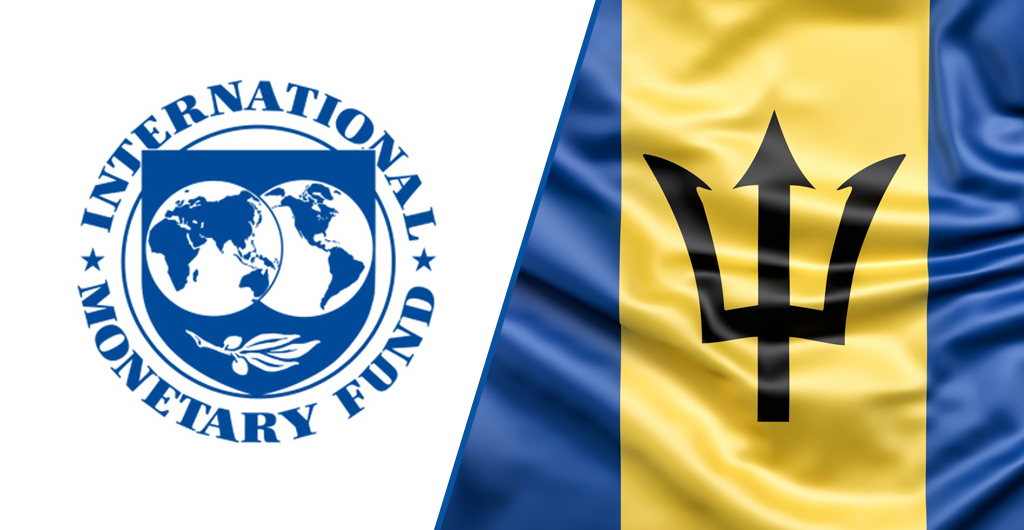IMF approves EFF and RSF programs for Barbados
The International Monetary Fund (IMF) approved US$113 million under a 36-month Extended Fund Facility (EFF) program in addition to a US$189 million Resilient and Sustainability Fund (RSF) for Barbados. These funds will keep and improve macroeconomic stability, support structural reforms, and make the country more resistant to climate change.
The Washington-based financial institution said that the new program would build on the successes of Barbados’ 2018-22 EFF and use the authorities’ updated economic reform program (BERT 2022), which includes efforts to make the country more resistant to natural disasters and climate change and to reduce greenhouse gas emissions and transition risks.
It said that despite several global and regional economic shocks, Barbados continues to work hard on its ambitious economic reform program, which aims to stabilise the country’s finances, build up its reserves, and release its growth potential.
“Economic activity in Barbados is starting to recover from the COVID-19 pandemic, but risks to the outlook remain elevated, with higher global commodity prices pushing up inflation,” the IMF executive board said in announcing the assistance program.
IMF Deputy Managing Director and Acting Chair of the Board Kenji Okamura said, “Barbados continues to make good progress in implementing its homegrown Economic Recovery and Transformation Plan, despite a very tough global economic environment.
He said that in 2018 and 2019, macroeconomic stability was restored through a mix of fiscal consolidation, a full reorganization of debt, and structural reforms to help growth. This made room for a policy response to the COVID-19 pandemic in 2020 and 2021 that would go against the trend. Starting with the financial year 2021/22, the public debt was put back on a clear path down.
“While Barbados continues to confront challenges owing to the global pandemic and Russia’s invasion of Ukraine, the economic recovery is now well underway. Inflation has been rising since the second half of 2021 owing to supply chain disruptions and increasing global food and oil prices. The economic recovery is expected to continue over the medium term, but downside risks to the outlook remain high.”
Okamura said that the new arrangement builds on the success of the 2018-22 EFF and aims to keep and strengthen the hard-won macroeconomic stability and move forward with the unfinished structural reform agenda.
“Key elements of the program would be the gradual and sustained increase in primary surpluses and ambitious structural reforms, such as strengthening of tax and customs administration as well as Public Financial Management (PFM), adoption and implementation of pension reform, the rationalization and consolidation of State-Owned Enterprises, and growth-enhancing measures, including additional steps to improve the business climate.”
Okamura said the program aims for a primary surplus of 2% of gross domestic product (GDP) in the financial year 2022/23. This is from a deficit of 1% of GDP in the financial years 2020/21 and 2021/22.



